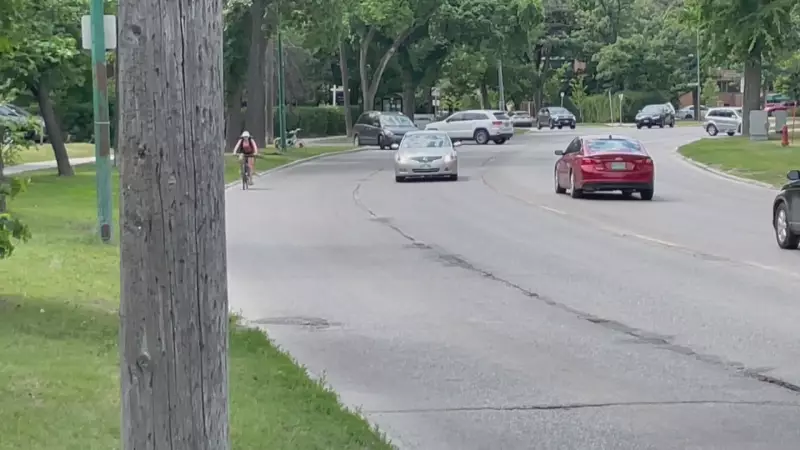
The City of Winnipeg is turning to its residents for crucial input on the future of the city's cycling infrastructure. As temporary active transportation routes approach their evaluation period, city officials are launching a comprehensive public engagement campaign to determine which routes should remain permanent fixtures on Winnipeg's streets.
Pandemic-Era Infrastructure Faces Critical Review
Originally implemented as part of Winnipeg's COVID-19 transportation response, these temporary bike lanes and pedestrian pathways were designed to provide safe, socially-distanced travel options during the height of the pandemic. Now, with the city returning to normal operations, decision-makers are seeking concrete data and resident opinions to guide long-term planning decisions.
How to Make Your Voice Heard
Winnipeggers have multiple avenues to participate in this important conversation about their city's transportation future:
- Online Survey: Access the city's official engagement portal through the Winnipeg website
- Virtual Workshops: Participate in scheduled online discussions with city planners
- Written Submissions: Share detailed feedback via email or traditional mail
Evaluating What Works for Winnipeg
The assessment process will consider multiple factors, including usage statistics, safety records, economic impact, and environmental benefits. City transportation planners emphasize that this decision isn't just about cycling enthusiasts—it's about creating a more connected, accessible, and sustainable city for all residents.
"This is about building a Winnipeg that works for everyone," explained a city transportation representative. "Whether you're a daily cyclist, a occasional bike rider, or someone who never touches a bicycle, these infrastructure decisions affect how we all move through our city."
Beyond Bike Lanes: A Comprehensive Approach
The evaluation extends beyond simple pavement markings. City officials are examining how these temporary routes connect to existing infrastructure, their impact on traffic patterns, and their contribution to Winnipeg's broader environmental goals. The feedback collected will directly influence the city's upcoming transportation master plan and budget allocations.
With the comment period now open, Winnipeg residents have a unique opportunity to shape their city's transportation landscape for years to come. The decisions made following this consultation process could determine whether Winnipeg continues its trajectory toward becoming a more bike-friendly urban center.





